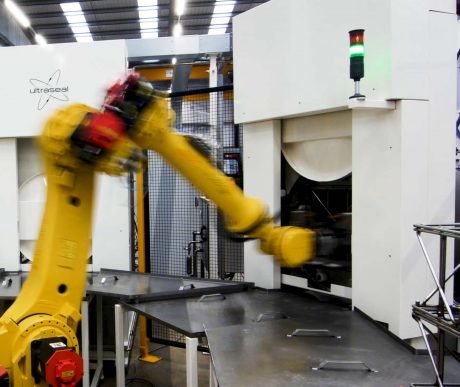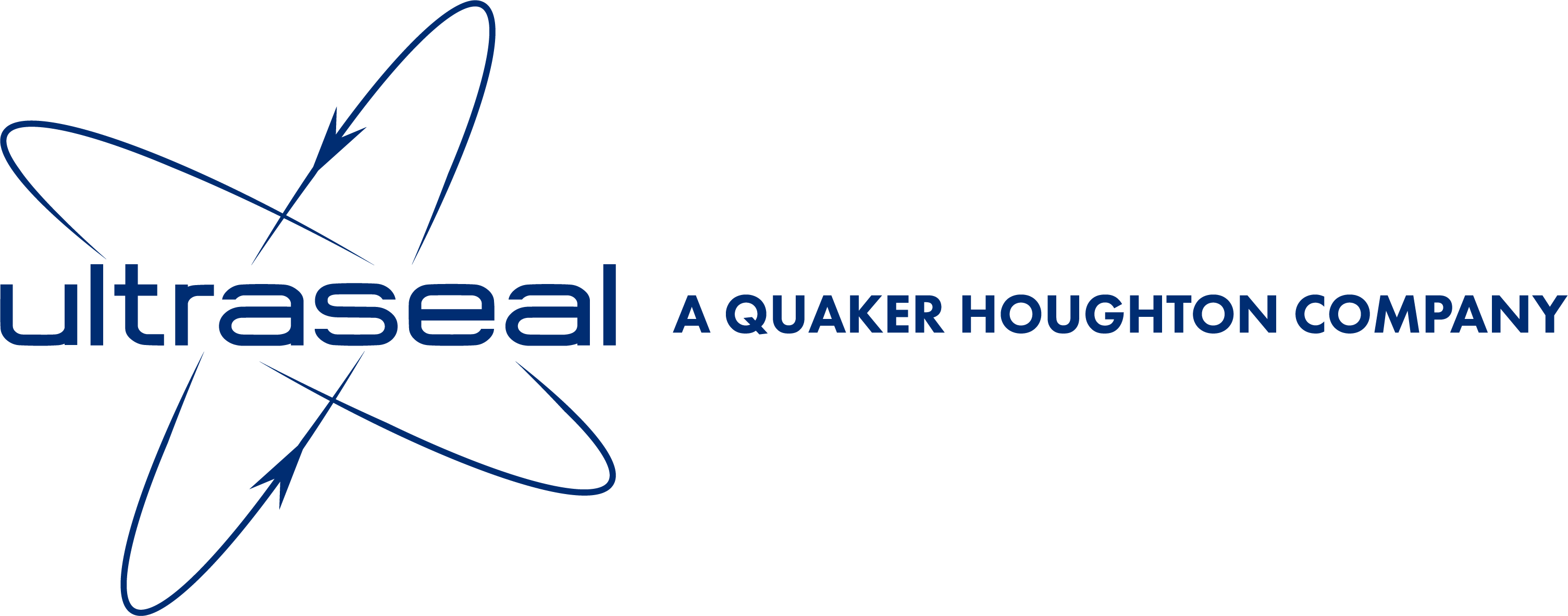Robotic Vacuum Impregnation: Benefits for the Automotive Industry
In the fast-paced automotive manufacturing world, maintaining cost control and ensuring top-notch quality is crucial for success. To meet the increasing demand for lightweight vehicle parts and structures while reducing emissions, automotive manufacturers are turning to die casting processes. However, one persistent challenge they face is porosity, which can lead to costly scrappage and waste inefficiencies.
Here’s how a leading US engine manufacturer overcame this issue by embracing robotic vacuum impregnation. This transformative solution minimized scrappage, increased throughput, reduced costs, and improved environmental sustainability.

Trends and Challenges
With the die casting market projected to reach US$94.1 billion by 2025, the automotive industry is a significant user of this process, producing critical components like cylinder heads, engine blocks, and more. The industry’s focus on lightweighting vehicle parts to enhance fuel economy and performance has led to a surge in die casting with lightweight materials such as aluminum and magnesium.
Amidst this technological evolution, Industry 4.0 is revolutionizing manufacturing, and automotive companies are embracing digital transformation for enhanced efficiency and production outcomes. However, porosity remains a persistent issue that leads to defects and costly scrappage.
The Role of Robotic Vacuum Impregnation
A leading US engine manufacturer partnered with Ultraseal International to develop a fully automated robotic vacuum impregnation system to combat porosity-related scrappage issues. Vacuum impregnation involves using a specially formulated resin to seal porosity in automotive castings, ensuring leak-free components permanently.
This automated solution offered fast cycle times, improved productivity, cost-effectiveness, and more reliable sealing rates. Crucially, it reduced the scrappage rate from 11% to zero and significantly shortened the production turnaround time.
On-site Automated Vacuum Impregnation System
Ultraseal’s custom automated solution brought many benefits to the engine manufacturer. It achieved 100% sealing effectiveness, improved output quality with a consistent gloss black finish, and provided total process control visibility and data logging. The system’s small footprint enabled seamless integration into the existing manufacturing line without compromising workflow or floor space. Furthermore, introducing a multifunctional corrosion inhibitor ensured the components retained their glossy appearance, even after extended periods of use.
Reducing Costs and Improving Sustainability
The adoption of Industry 4.0 and robotic automation is increasingly affordable and available to organizations of all sizes, offering a rapid return on investment. Ultraseal’s robotic vacuum impregnation system, in particular, proved more economical and environmentally sustainable than traditional alternatives.
The system reclaimed the sealant and cold wash solution by operating a closed-loop cold wash process, eliminating non-recoverable chemical waste and minimizing effluent discharge. This and reduced shipping costs and time significantly lowered the manufacturer’s environmental impact.
Making Porosity Problems a Thing of the Past
As automotive manufacturers strive to achieve thinner-walled castings, lighter materials, and increased component life cycles, vacuum impregnation technology becomes even more vital. Automobile companies can reduce scrap and material wastage by embracing robotic vacuum impregnation, improving environmental performance, and enhancing overall quality.
Ultraseal’s offering includes on-site managed services, external service centers, and a range of best-in-class equipment and sealant solutions that boost efficiency and environmental credentials.
Cost-Effective Quality and Sustainable Solutions
The leading US engine manufacturer’s success story exemplifies robotic vacuum impregnation’s transformative power in high-volume engine component manufacturing. By integrating this automated solution, companies can ensure cost control, maintain superior quality, and achieve sustainability goals while effectively sealing porosity-related defects.
As the automotive industry continues to embrace innovative technologies, robotic vacuum impregnation stands as a vital tool to pave the way for greener and more efficient methods of transport.








